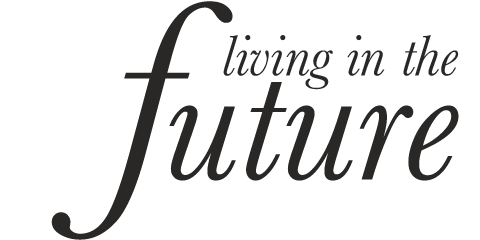Philippa Snow
What was unexpected to us was the fact that that the end, when it came, was really no great shame for anyone: that even as the lizards dug their claws into our obsolete skulls and the other things howled at the windows outside, and the skin began to boil from our bodies – suddenly loosed, like the exocarp of a stewing tomato, by the atmosphere – and the white-hot supernova smash of the big clang reverberated, still, on our blistering eyelids - even then, we considered ourselves to be fortunate in our mass erasure. We had eaten – long before this point – all of our celebrities, and every one of our politicians, both left and right-leaning: the dope-fiend dealers and the Black-Hand pimps and the rotten beepop degenerate jimmy-jaw types had sold them to us in greaseproof slabs out of dirty coolers with bloodstained lids, and from the backs of hot-wired military trucks. We drank their liquor because it was sterile: we’d expected the end-times to hum with sulphur, but instead, our final days were spent in the fug of fermenting cornmeal, half-buzzing and thump-thump-thundering in our brains and our blood-streams from bathtub moonshine. Intercourse eventually became outmoded, and our sexual organs became vestigial.
We carried the odour of certain extinction around on us, always – molasses-thick and sweet, like the tang of decaying fruit. A lizard had bitten one of our party, and this, too, began to smell: I often recalled, in those final weeks, my first sighting of one of the new and mysterious reptiles, eating a dead flamingo which it had dragged halfway up the wall of the blasted-out zoo, on what used to be 5th. They generally grew to be as large as Alsatians or wolf-hounds, and though they were newly-evolved, there was something of the Mesozoic about them; after a while, we started to see them lurching around every corner, and sunning themselves on the tarmac on every block. It was hard, near the end, to remember a time when they’d seemed to be anything but commonplace – they rarely attacked us without first being provoked, appearing to live instead on the half-rotten bodies which sweltered and blistered in our gutters. The bodies were mostly human, though sometimes animal and – though intermittently at first – would occasionally reveal themselves to be a curious, indistinct mixture of both. It was never certain to us whether these were the product of violent accidents, or the discarded results of experimentation, but we viewed their discovery as portentous regardless. They were the symptom of a larger disease.
We were a bulla, a boil, a junk-swole furuncle — ubi pus, ibi evacua — and had to be drained accordingly. The gods we had made for ourselves not long before were not only false, but entirely toxic. Our worship of them poisoned us from the inside-out, the effects eventually manifesting in the curious, scale-like growths which began to appear on our skin, or in the way that our hair – as if from the aftereffects of radiation – began to dislodge itself from our grey and brittle scalps in fistfuls. It was true that we were responsible, in our own ways, for the damage which we had done to our earthly bodies: the ways in which we’d tried to imitate the false gods using unreal complexions and ersatz hairstyles, and the various modifications which we’d made to our diets; our organs; our craniofacial structure, tweaked and refined into virtual collapse, until each one of us looked like a monstrous double to the man at his immediate left.
Long before this, there had been things – alive and armoured, and about the size of hockey pucks – which had appeared overnight in our homes, and affixed themselves here and there, in the manner of fist-large, pulsing barnacles. These were where everything started; they were the genesis of our steep decline, although we knew, if we were honest, that we had driven ourselves some way into madness already. We had purified our systems by drinking expensive body lotions. Our nutritionists had given us lethal advice. We had set fire to our status vehicles, and the lizards had turned up to live in our swimming pools. We had lost our minds in increments, from exposure to things which we could not begin to explain or eliminate. We resembled, then, ink drawings of men which were deliberately smudged.
Philippa Snow is an editor and essayist, based in London; she is currently the Features Ed. of both Modern Matter and Kilimanjaro magazines, and writes mostly about the intersections between popular culture, sociological theory and ‘legitimate’ contemporary art.
